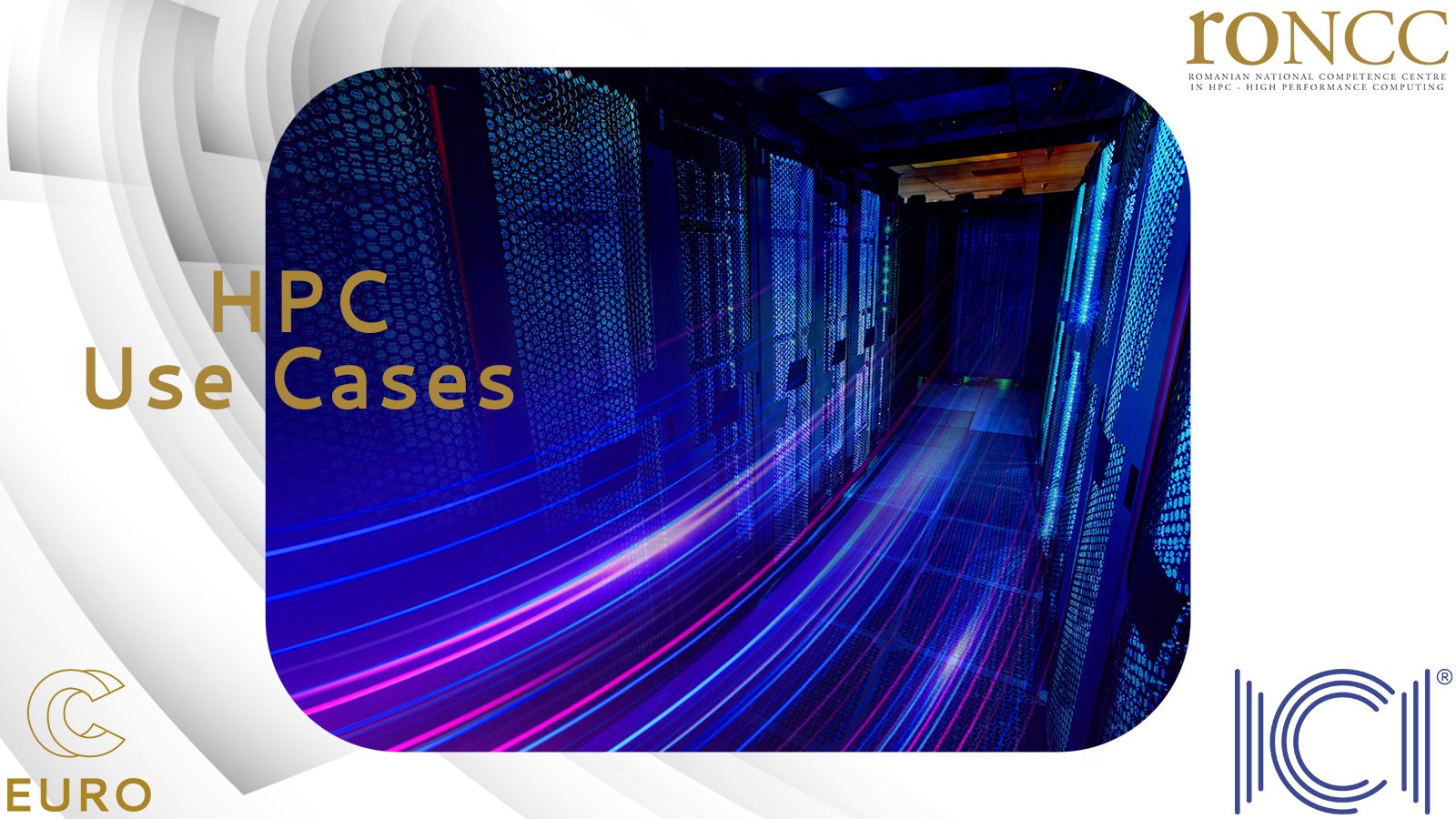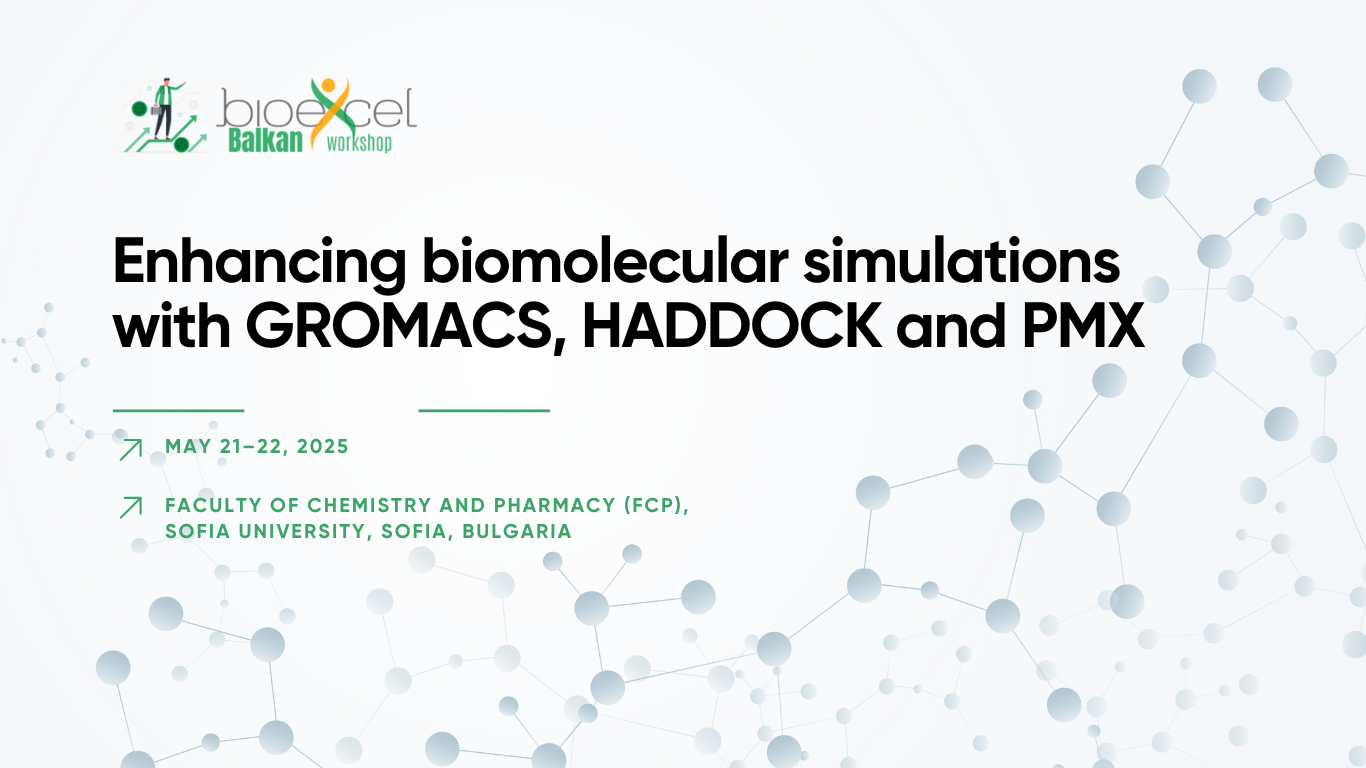High-Performance Computing represents the ability to perform complex computations and process large amounts of data at high speeds to solve big problems in science, engineering, and business.
HPC can be used to create simulations, reducing the need for physical testing, it can perform large-scale computations in minutes instead of weeks or months, saving time and money.
To better understand how HPC solutions can be used, we have put together 5 use cases from different industries.
1.Manufacturing – HPC-Cloud-based molecular modeling
For this use case, we chose Albemarle Corporation, a leading developer, manufacturer, and distributor of highly engineered specialty chemicals.
In this case, the challenge was to port an existing simulation code to run on a hybrid HPC platform. To demonstrate the successful porting and the benefits of using a hybrid HPC system, a test case was chosen from the petroleum refining sector involving the use of catalysts to remove sulphur from vehicle fuels.
Molecular modeling using HPC is a proven, powerful tool that provides important information for the development of new chemicals and materials. This software has applications in areas such as electronics, organic chemistry, food, paints, dyes, adhesives and alloys, and ceramics for the aerospace industry. It was found that the cost of using a cloud-based HPC system on a pay-per-use basis was about half the cost of owning and maintaining a sufficiently powerful in-house system.
Read all about this use case here: https://www.fortissimo-project.eu/en/success-stories/420/hpccloudbased-molecular-modelling
2. Health – Cloud-based microscopy
The test cases included analysis of images from remote fluorescence microscopy, processing of data from super-resolution microscopy, management and visualization of spectroscopic data, and imaging and analysis of whole slides in digital pathology and high-throughput screening. These test cases are numerically intensive and take about a full day each at PC.
The use of HPC has reduced the time required to process test cases from a day to a few hours, a typical reduction of a factor of 5. In addition, a cross-platform, simple user interface was developed. This supports the visualization of data and its management from almost any device.
The main benefits are a significant improvement in clinical diagnosis through increased diagnostic speed, higher diagnostic quality, increased diagnostic throughput, and more accessible storage of samples.
Read more about the use case here: https://www.fortissimo-project.eu/en/success-stories/608/hpccloudbased-microscopy
3. Environment – HPC-Cloud-based prediction of air quality
The ability to perform urban air quality simulations using cloud-based HPC would help increase the number of scenarios that can be simulated in a given time. This is necessary to quantify the statistical uncertainties associated with the simulations. The use of an HPC system would also reduce the computational time required for such simulations. The outcome of such a system will result in shorter simulation times and therefore a competitive advantage, as well as a reduction in costs through the use of pay-per-use resources instead of owning and maintaining an expensive in-house system that may only be used part-time.
This case study has shown that when the average utilization rate of an internal server falls below 40%, a pay-on-demand cloud service becomes economically viable compared to the cost of purchasing and maintaining that server. Of course, this depends on the type of usage, but the ability to buy cycles on-demand offers significant flexibility to SMEs looking to set up a service.
Read all about it here: https://www.fortissimo-project.eu/en/success-stories/410/hpccloudbased-prediction-of-air-quality
4. Energy - HPC-Cloud-based optimization of water turbines for power generation
Nowadays, the renewable energy sector is one of the most competitive and promising markets due to increasingly stringent efficiency and environmental regulations.
In order to significantly reduce the development time and thus increase the competitiveness of SMEs, a CFD -based HPC application has been developed to adapt a small hydro power plant very quickly and reliably compared to current practices. The use of this application can significantly contribute to time and cost savings in the development of new hydro turbine systems tailored to user needs. It enables the understanding of the performance and characteristics of the products. High-fidelity simulations and the availability of HPC significantly reduce prototype development costs. Therefore, time-to-market with HPC-based simulations is drastically shorter than current in-house practices.
By using HPC-based CFD calculations, the design time of a turbine could be reduced from 1 year to 3 months. Considering that it takes 8 months to manufacture the turbine, this represents a reduction in time to market from 20 months to 11 months. Without the use of HPC-based simulations, the overall development process could take up to two years, which is no longer a competitive time frame.
Read all about this use case here: https://www.fortissimo-project.eu/en/success-stories/519/hpccloudbased-optimisation-of-water-turbines-for-power-generation
5. Space – Develop better aerodynamic models
Advanced computational and visualization capabilities allowed the models to be applied to complete, complex geometries. This was the first step towards being able to simulate a complete aircraft instead of having to proceed "piece by piece" as before.
Intensive computing capabilities allowed the team to develop and run the models in a more reasonable time frame than on their own infrastructure - hours turned into minutes and months into days. The project results were so promising that the team presented their work to industry leaders at a series of conferences, attracting attention from both Boeing and NASA. Ultimately, the goal is to develop a model that can be used in industry to more accurately model aircraft designs, leading to greater fuel efficiency, savings in research and development costs, and a variety of environmental benefits.
Read all about this use case here: https://stfc.ukri.org/about-us/our-impacts-achievements/case-studies/improving-aircraft-design-simulations-with-hpc/



